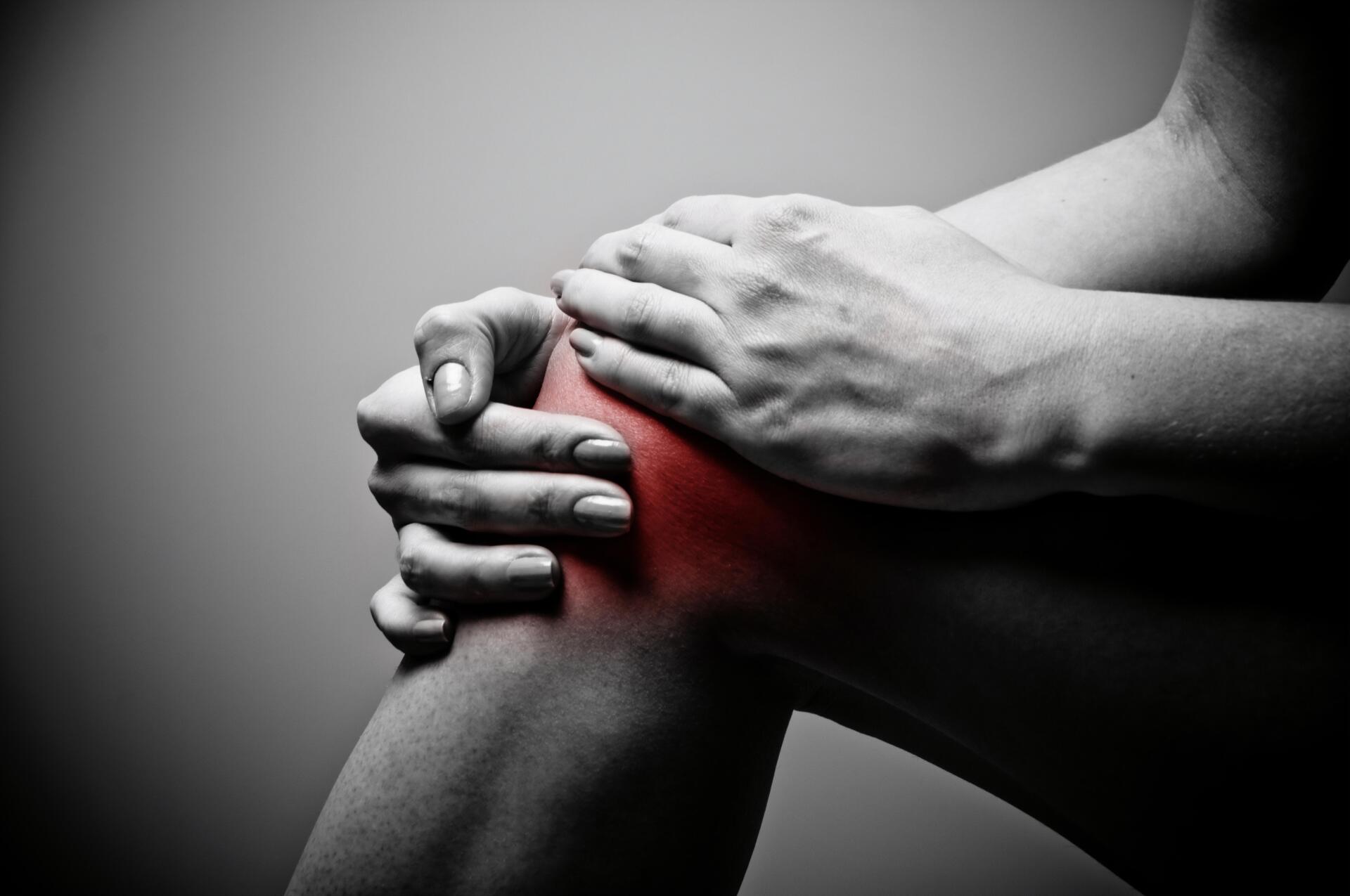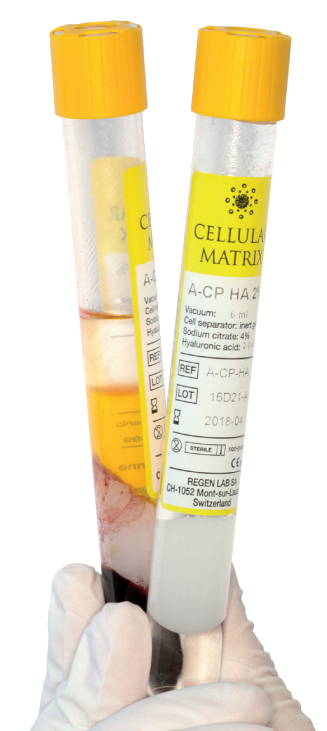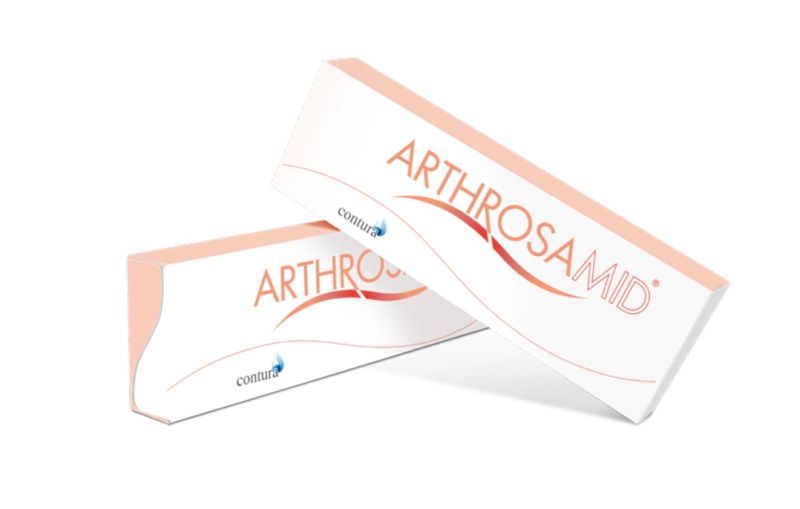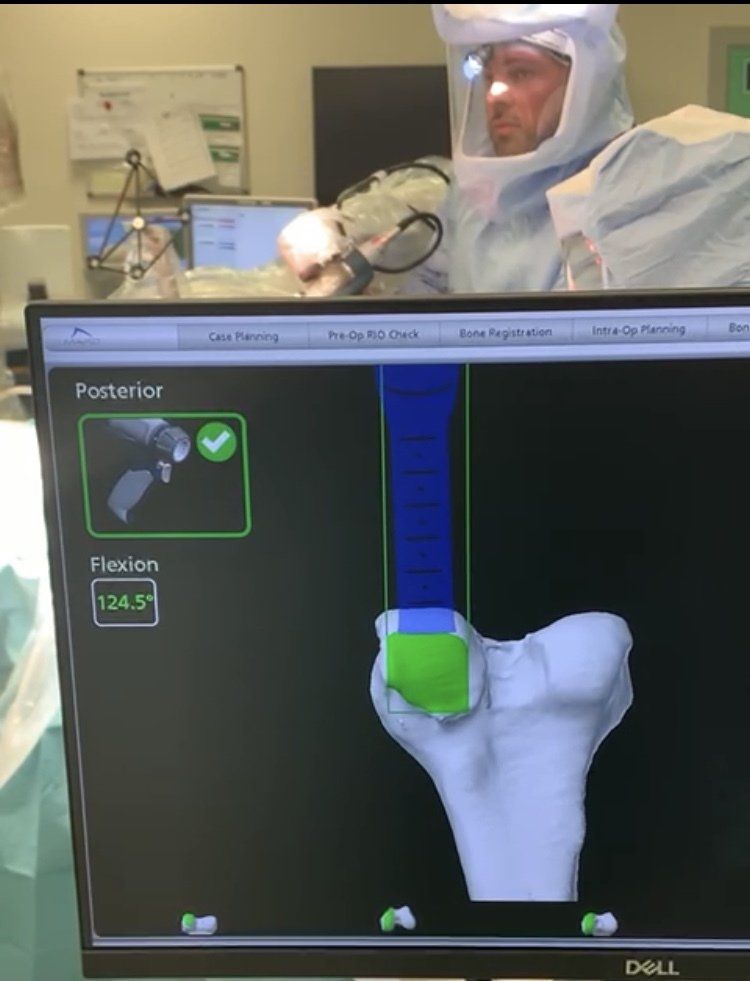
Platelet Rich Plasma (PRP) and Hyaluronic acid (HA) in one injection

Cellular Matrix is a combined injection of hyaluronic acid and Platelet Rich Plasma that improves pain and function in patients with early knee osteoarthritis.
There is increasing evidence that for patients with early osteoarthritis recurrent steroid injections are not only detrimental as it is associated with rapid progression of arthritis, subchondral insufficiency fractures and increased infections (Guermazi et al 2020) but also ineffective (Donovan et al 2022).
Platelet Rich Plasma (PRP) and Hyaluronic acid (HA) injections has been shown to be superior to intra articular steroid injections with pain relief and improved function lasting up to 24 months (Donovan et al 2022).
The combination of Platelet Rich Plasma (PRP) and Hyaluronic Acid (HA) in one injection has demonstrated synergistic improvements in pain and function far superior to the individual injections (Aw et al 2021).
How will a Platelet Rich Plasma (PRP) Injection help me?
Your own blood contains anti-inflammatory molecules and growth factors that are able to relieve pain and help certain cells (Chondrocytes) to repair damaged cartilage. If you have early arthritis a course of PRP injections has been proven to reduce pain, improve the function of the joint and improve the quality of the cartilage. These natural anti-inflammatories “relieve symptoms and potentially delay the need for joint replacement surgery” (National Institute of Clinical Excellence 2019)
What is Hyaluronic Acid (Hyaluronan) and how will it help my joints?
Hyaluronic Acid is a naturally occurring protein that functions as a lubricant (visco-supplement), reduces inflammation (anti-inflammatory) and provides pain relief (analgesic) to damaged joints. Dual treatment with Hyaluronic acid and platelet rich plasma (Cellular Matrix) can significantly improve pain and function when compared to a single treatment of PRP.
What does the procedure involve?
A sample of blood is taken from your arm and centrifuged to concentrate the platelets, growth factors and anti-inflammatories in the liquid plasma. Red and White cells are removed. The platelet-rich plasma is combined with Hyaluronic Acid and injected into the joint space in the knee, usually under ultrasound guidance. The whole process takes around 5-10 minutes and can be done while you wait.
Normally patients require a course of 3 injections over 2 months to get the best results.
Will the procedure hurt?
The doctor or nurse will normally inject a small amount of local anaesthetic under the skin to stop the PRP injection from hurting. You will feel a gentle pressure as the PRP is injected. Very few patient require any form of painkiller after the injection
Can everyone have this treatment?
The treatment will not work if you have low platelet count or have taken medicine such as aspirin
You should not have the treatment if
· You have a temperature or ongoing infection anywhere
· You are known to have any form of cancer
· You have a rash or broken skin over the joint to be treated
If you have any of these contra-indications please tell your doctor
Is it safe? What are the complications?
The National Institute of Clinical Excellence (NICE) have approved this treatment and stated it is safe and effective to use. It must however, be done by a suitable trained doctor.
Complications are very rare but can include
· Infection requiring antibiotics or an operation to washout the joint
· Pain
· Failure to improve symptoms
· Damage to local structures like ligament or tendons
Please feel free to discuss these with your treating doctor
What happens after the injection?
You can return home and begin your usual activities about an hour later.
Most patient start to notice a gradual improvement in symptoms after about 10 days. Pain levels and function should continue to improve after each injection for up to 12 weeks and may last for 1-2 years.

